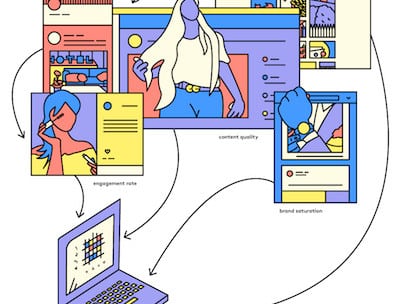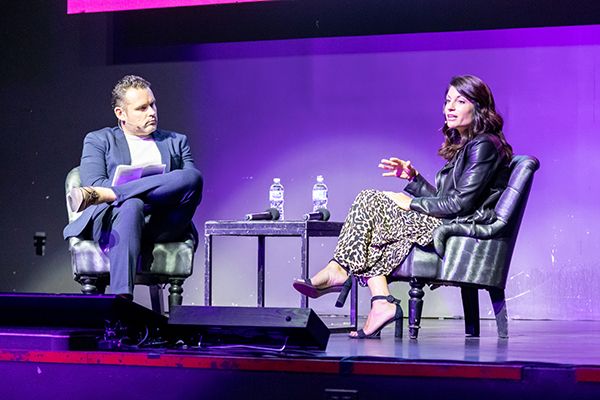
Some statistics are mentioned so often in PR circles they rise to the level of ubiquity, at least for a time. The estimated $1.3 billion in fraud linked to influencer marketing is one such stat. The inaugural Influencer Fraudnomics Summit, held last month in NYC, is one reason it's become popular. One of the Summit’s goals was to “dismantle the $1.3 billion fraud problem facing the influencer marketing field.” A heady accomplishment, much less for a one-day event.
Among the key participants during the day-long Summit was Casey DePalma McCartney, director, PR and digital engagement, Unilever North America. In an interview with PRNEWS, we asked her about Unilever’s commitment to eradicate fraud in influencer marketing and how it plans to carry out that task.
Incidentally, the Summit will be on the road next year, with day-long sessions in London and Los Angeles in January, its organizers, Sylo, told PRNEWs.

PRNEWS: What should PR professionals be doing to enhance influencer authenticity and verification?
Casey DePalma McCartney: Think holistically and long term. Social influencers are just one piece of the influencer ecosystem. It’s important for brands to think about all their partners, advocates, etc., that have “influence” and how they work together as a strong and ongoing network of ambassadors for a brand.
PRNEWS: What do you hope attendees took from your fireside session during the Summit?
DePalma McCartney: With any new-media channel, there are opportunities and challenges. It’s important for all brands to push for greater transparency to combat fraud in the digital ecosystem and create better experiences for consumers.
I think one of the most important things we learned, is that there is no silver bullet. There is no single solution that can ensure an influencer campaign will be free of any level of bot/fraudulent activity.
PRNEWS: Everyone wants to know what’s next. What does the influencer space look like in five years with regard to fraud and authenticity?
DePalma McCartney: Third-party verification and authentication are and likely will be extremely important for the long-term viability of influencer marketing. Five years ago we were talking about how difficult it would be to get to agreed viewability terms and vendors. We’ve made tremendous progress in that space and we need to get on a similar path in the influencer space.
PRNEWS: Last June, Keith Weed [the former chief marketing and communications officer of Unilever] said the key to improving the situation with influencers has 3 parts:
*Cleaning up the influencer ecosystem by removing misleading engagement;
* Making brands and influencers more aware of the use of dishonest practices; and
* Improving transparency from social platforms to help brands measure impact.
Tell us about the three fronts and any progress. What has Unilever done to facilitate it? Of the three areas above, which one is/are in the best shape, which is/are in the worst shape?
DePalma McCartney: In Cannes, we committed to three areas:
- Influencer Transparency: we want to make sure we’re working with influencers and creators who are committed to delivering authentic activity
- Brand Transparency: we of course do not want our brands to engage in inauthentic activity, and
- Transparency from platforms, which is consistent in our efforts to work with partners committed to improving the digital ecosystem
This activity all ladders up to our Responsibility Framework that we launched last year to help clean up the digital ecosystem through responsible platforms, responsible content and responsible infrastructure. The work we are doing to progress transparency in influencer marketing is a natural extension of this work.
We knew we started a conversation that was necessary to have and, as evidenced by everyone at the Summit, need to continue having.
We’ve developed a tiered approach to help us mitigate fraud. It’s a mix of external and internal tools that we use pre-campaign and then ongoing throughout the duration of a campaign.
We’re also working with our platform partners who are making progress in this space – we know that more than a billion fake accounts have been removed since we made our announcements last year – and there is still much work to be done. The influencer space continues to mature and with it, transparency and ability to show impact need to improve.
CONTACT: [email protected]
